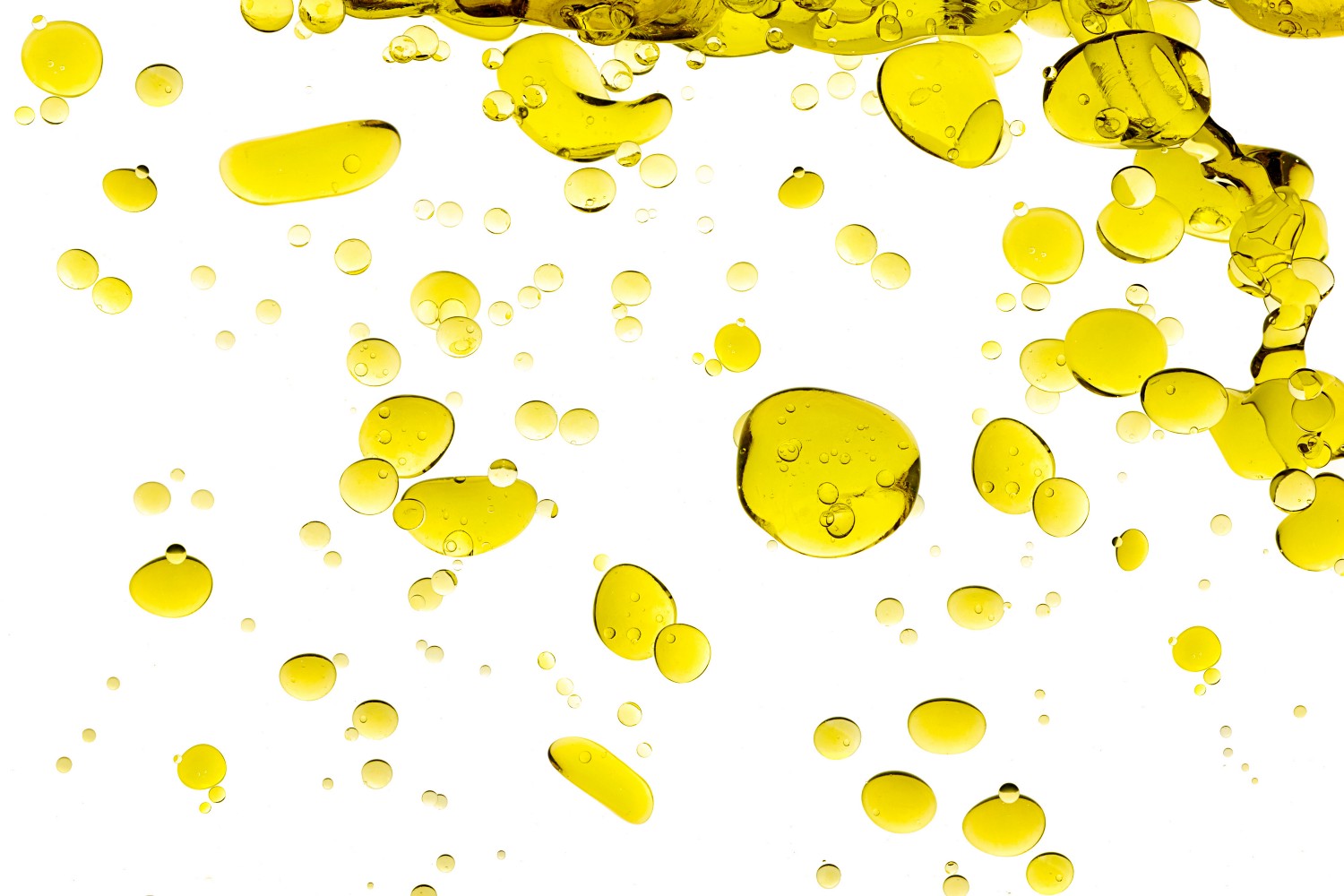I’ve been exploring the plant-based lifestyle for over a decade now.
I am passionate about empowering others to discover their best health and sexiest bodies through the incredible power of food dynamics — because it worked for me. Through this diet and lifestyle, I’ve healed myself from rheumatoid arthritis, shaped the body of my dreams, had a thriving pregnancy and birth, and started a successful business.
I only share diet and lifestyle advice that I know to work through personal experience and exhaustive research.
And in my years of research, I’ve discovered a few sneaky plant-based ingredients that are also terrible for us. So if you’ve been trying to lose weight or heal your body and you’re still using this basic kitchen staple, then I have your answer to thriving health right here.
In addition to being free from all animal products, the diet I recommend to my clients, friends, and readers is free (or nearly free) of any oils.
Raw (like cold-pressed olive oil) or cooked (coconut oil for frying), just one tablespoon can contain up to fourteen grams of fat and 120 calories, and this kind of high-calorie, high-fat food simply doesn’t have a place in our optimum nutrition.
What’s more, processed oils are full of trans fats, one of the leading causes of heart disease, cancer, diabetes and obesity.
Even coconut oil? Yes, even coconut oil.
Coconut oil is one of those rare plant-based sources of saturated fat. Since it’s usually only found in animal products, saturated fat isn’t a common issue for plant-based eaters, but even small quantities can lead to increased LDL (bad cholesterol) — the biggest risk factor for heart disease.
Coconut oil advocates have argued that the saturated fat in coconut oil doesn’t raise cholesterol, citing a study showing cholesterol levels to be much lower on a coconut oil diet…when compared to butter.
Let’s be clear, if the best thing coconut oil has going for it is that it’s not as bad as butter, that’s nothing to brag about!
Recently, several new clinical trials have emerged to give us a bit more insight into the benefits — or dangers — of coconut oil consumption. In one, participants were given two tablespoons of coconut oil every day for three months, along with a restricted calorie diet. Their LDL should have dropped on that weight loss program, but instead it went up! In another, coconut oil significantly worsened LDL cholesterol levels in test subjects, leading researchers to suggest consumers use it sparingly — if at all.
What can you have, then?
Instead of pouring these cholesterol-raising, heart disease-creating ingredients into your meals, I recommend consuming natural dietary sources of fat. Avocado and coconuts, for example, are whole, unprocessed fats — and gorgeously good for us.
Lots of raw fruits on an empty stomach, and especially first thing in the morning, are always a healthy, nourishing, oil-free meal. So are big raw salads, sprouts, and lightly steamed veggies.
Whole grains like brown rice, lentils, quinoa, millet, and buckwheat are a nutrition-packed way to “beef up” those salads, while sun-dried tomatoes, olives, sauerkraut, and dried fruits are all beautiful ways to add flavour in lieu of oil. Tamari, miso, tahini, lemon juice, and herbs can make for sensationally tasty toppings, too.
What can’t you have?! A diet free from oils is so incredibly full of delicious, nourishing, dynamic flavours, you’ll always be satisfied.
And don’t throw out your coconut oil — it’s perfect to use on your hair and skin!
xx,
Donna
References:


